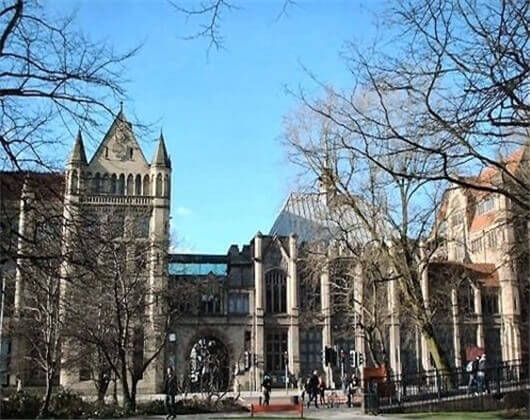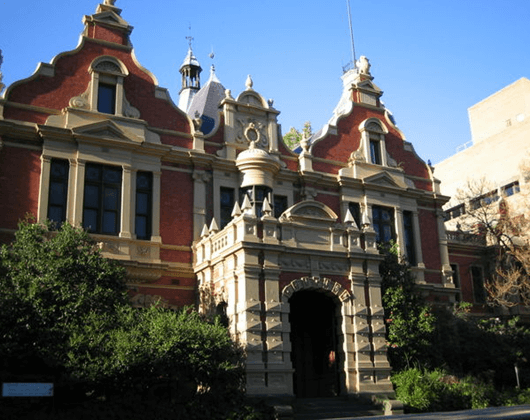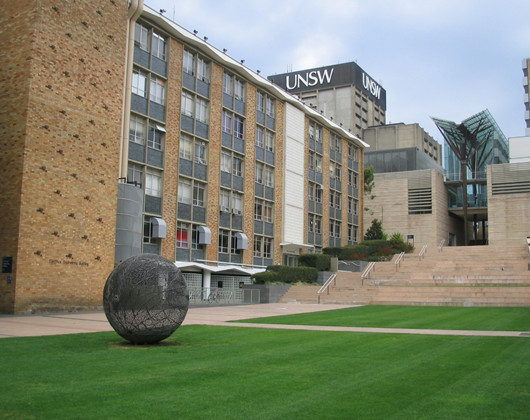Core modules Polymer Synthesis This module aims to provide a detailed overview of the fundamental considerations and hypotheses of polymer chemistry ensuring that all students have a suitable background knowledge of the major synthetic methods and mechanisms as well as appropriate physical chemistry knowledge to excel in the more advanced aspects of the course. The material will focus on highlighting the importance of advanced polymer structures as well as comprehensive teaching of the applicable polymer synthesis techniques. Physical Properties of Polymers and Nanocomposites The ability to characterise polymers/composites and link this to their observable properties is crucial, and this module will cover many advanced aspects of this; in particular, diffraction and scattering techniques and how polymer physical properties affect their processibility. Students will be given the chance to obtain real data in the laboratories and link this to the lecture material. Colloid Science I and II Colloid science is a fundamental and essential aspect of polymer chemistry. The area experiences great interest from the chemical industries across a great variety of application areas, such as laundry care and personal care products, drug delivery formulations, food and drinks, coatings and adhesives, agricultural formulations and many others. Polymers in the Real World The module runs through term 1 and 2 with seminars delivered by internal researchers (PhD, PDRA, ECFs) and external professionals (e.g. industrial polymer scientists). Before each lecture you will write a 500 word 'mini-essay' on the topic to be covered in the seminar. This should include 3 questions to be asked and discussed with the speaker and 3 primary references (research articles) from the literature. Finally, you will prepare a poster on a research topic covered during the seminar series and present this at a module symposium. You will also be expected to attend the department of Chemistry external seminar series. Polymer Laboratories This module aims to provide advanced level laboratory experience to students in the polymer chemistry field. Students will be practically performing polymerization as a part of other modules of the Polymer Chemistry MSc program. Here, more advanced aspects are encountered and particular emphasis is placed on creative experimental design. Chromatography and Separation Science During this interdisciplinary module students will learn about the theory and practice of different types of chromatography and their application in real-world scenarios. They will develop the skills necessary to decide how to decide which methods are the most appropriate for a given separation problem - whether for analysis or purification of, for example, synthetic polymers, biomolecules, or biopharmaceuticals. The module includes workshops on data interpretation and lab sessions providing students with hands-on experience with several different chromatographic methods. Group Research Project The cohort will be split into groups that will work together to share knowledge and understanding of an area of contemporary polymer chemistry with the aim of writing a proposal to address a challenge within this area. The proposal will be written and also presented orally at a specially arranged session. The proposals will then be peer-reviewed by the other groups against strict criteria. Transferable Skills This module is based around students completing and recording tasks contributing to the development of transferable skills. Students complete a portfolio and reflect on what they have learned. The various aspects of the course cover: working in teams and working with your supervisor, communicating across disciplines using various media e.g. written reports, posters, presentations, web and video, as well as elements of leadership and career development. 20-week research project The module is designed to develop student research skills, through an extended project in an area of their chosen discipline. Students will become aware of the elements of research, including appraising the literature, designing novel experiments (practical and/or computational), assessing results and drawing conclusions that they will be able to set against the current field. This module will allow students to be original in their application of knowledge to the solution of new, research-led problems. Optional modules Optional modules can vary from year to year. Example optional modules may include: Business Model Generation Establishing a New Business Business Innovation and Commercialisation for Researchers Business Strategy and Strategic Management Mass Spectrometry Magnetic Resonance Advanced Polymer Synthesis X-ray and Neutron Techniques
 日本
日本
 韩国
韩国
 英国
英国



























